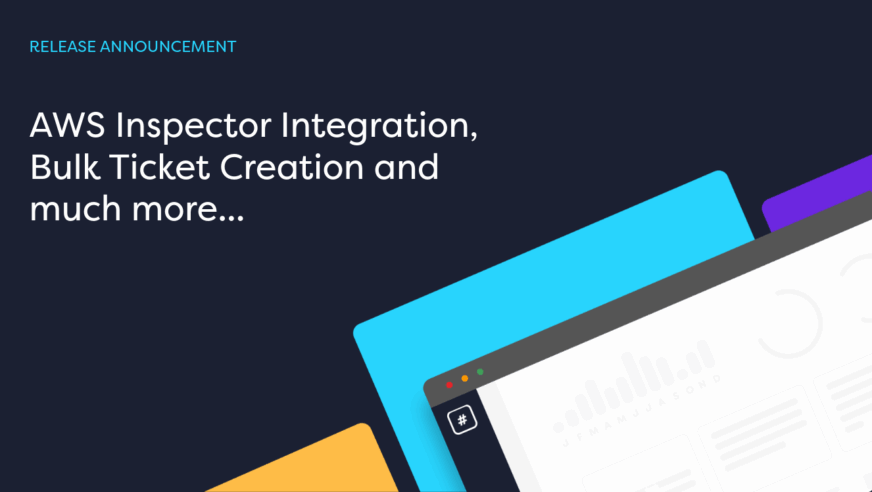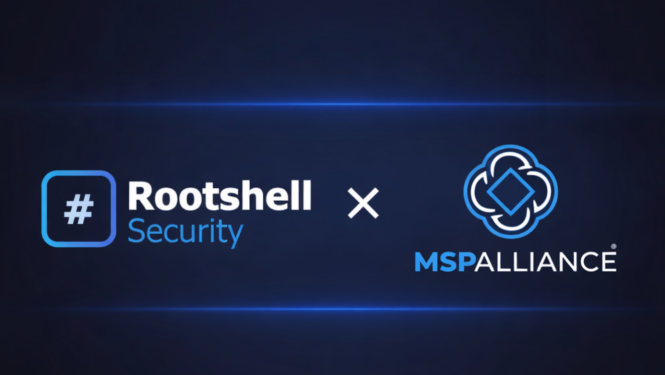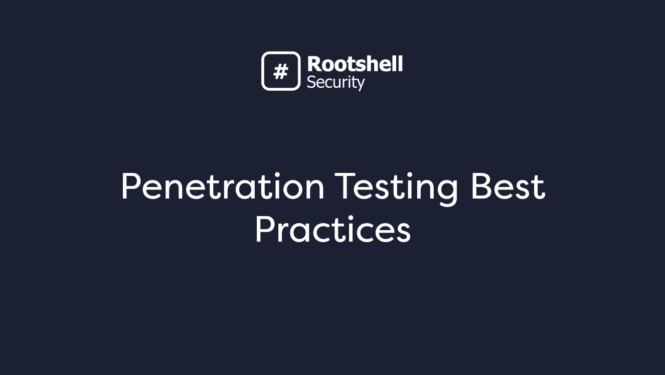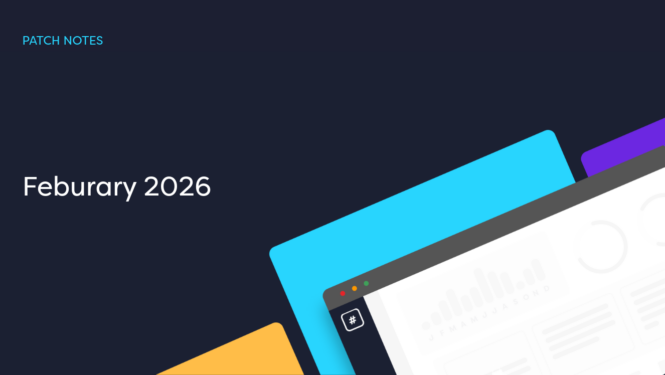Sharper visibility. Stronger control. Seamless collaboration.
The Rootshell Platform continues to evolve — and this month’s update brings a series of improvements designed to make vulnerability management smarter, faster, and more transparent across every layer of your security operations.
From secure AWS integrations and automation enhancements to refined asset filtering, improved auditability, and new partner-focused management tools, these updates reinforce Rootshell’s commitment to delivering intelligent, enterprise-scale security management.
Seamless AWS Inspector Integration with IAM Role-Based Access
Rootshell now supports a secure, best-practice integration method for AWS Inspector using IAM Role-Based Access.
This enhancement replaces static credentials with trusted, role-based authentication — ensuring stronger protection, simplified compliance, and faster configuration.
With a platform-generated External ID and a ready-made trust policy template, AWS Inspector can now be connected in minutes, following AWS-recommended security standards.
Why it matters:
- Eliminates static credentials for improved security.
- Fully aligned with AWS authentication best practices.
- Guided setup with preconfigured IAM trust policy templates.
- Maintains flexibility with optional Access Key support.
This enhancement helps organizations securely consolidate cloud vulnerability data into Rootshell’s unified platform view.
Accelerate Remediation with Bulk Ticket Creation
Rootshell now allows you to bulk-create service desk tickets directly from the Affected Instances view across all supported integrations — including Jira, ServiceNow, Freshdesk, and TOPDesk.
Teams can now select multiple affected instances and trigger ticket creation in a single action, reducing manual work and ensuring vulnerabilities reach the right owners faster.
Key highlights:
- Bulk-create up to 25 tickets per action.
- Consistent workflow across all integrations.
- Reduces administrative effort and speeds up response time.
- Unified ticketing experience across the platform.
This update transforms repetitive ticketing tasks into an automated, streamlined workflow, helping teams focus on remediation instead of admin.
Improved Accuracy: Fix for Regression Issues Linked to Closed External Tickets
We’ve resolved an important regression handling issue affecting vulnerabilities linked to previously closed external tickets (e.g. Jira, ServiceNow).
In the past, vulnerabilities that reappeared in later scans could incorrectly retain a remediated state. The Rootshell Platform now ensures complete accuracy and accountability:
- Reappearing vulnerabilities are tagged as Regression.
- Historic links to closed tickets are broken.
- Issues are marked as vulnerable and require new tickets for triage.
This enhancement eliminates false positives, improves remediation metrics, and ensures your data remains a true reflection of your current security posture.
Filter Assets by Components or Certificates
Gain deeper asset visibility with new Components and Certificates filters on the Assets page.
These intuitive, multi-select filters make it easier to locate and prioritise assets linked to specific software components or certificates — especially across large datasets.
Key capabilities:
- Components Filter: View assets associated with chosen technologies.
- Certificates Filter: Identify assets tied to specific certs.
- Tag-style multi-select (OR logic): Simplifies complex asset searches.
- Permission-aware results: Returns only assets visible to the current user.
This enhancement allows teams to pinpoint relevant assets quickly, supporting faster triage and improved operational accuracy.
Comment Logging for ASM Asset Status Changes
We’ve added comment logging to the Attack Surface Management (ASM) workflow, enabling users to record reasons when changing an asset’s status.
When a status is changed — such as marking an asset Rogue or False Positive — the user is prompted to add a justification, which is logged in the new Asset Status History modal.
This log captures the project, user, date, previous status, and notes for every change.
Why it matters:
- Creates full audit trails for sensitive asset changes.
- Strengthens accountability and traceability.
- Improves transparency between MSPs and end clients.
This feature enhances collaboration and clarity across asset triage workflows, ensuring decisions are always supported by documented context.
Tenant Tagging for Enhanced Management (for Security Partners)
Security partners can now organise and manage tenants more effectively using our new Tenant Tagging capability, introduced at the Tenant Overview level.
This feature makes it easier to structure and filter large client environments — giving partners the flexibility to tag tenants by services, configurations, or custom categories.
Key features:
- Assign tags directly within the Tenant Management page and dashboard tab.
- Advanced filter logic (AND, OR, NOT) to refine tenant views.
- Dedicated Tag Management page for creating, merging, and deleting tags.
- Tag visibility and control limited to users with Tenant Management permissions.
This improvement enables security partners to quickly navigate complex portfolios and maintain clear oversight across multiple client environments — ensuring cleaner organization, faster access, and greater operational control.
The Bigger Picture
With these updates, Rootshell strengthens its position as a central hub for proactive, data-driven vulnerability management.
From secure integrations and smart automation to transparency tools and enhanced partner management, every improvement reflects our commitment to clarity, accountability, and efficiency for every user — from enterprise clients to managed security partners.
Rootshell continues to evolve to meet the needs of modern cybersecurity teams — simplifying complexity, streamlining collaboration, and strengthening control.



